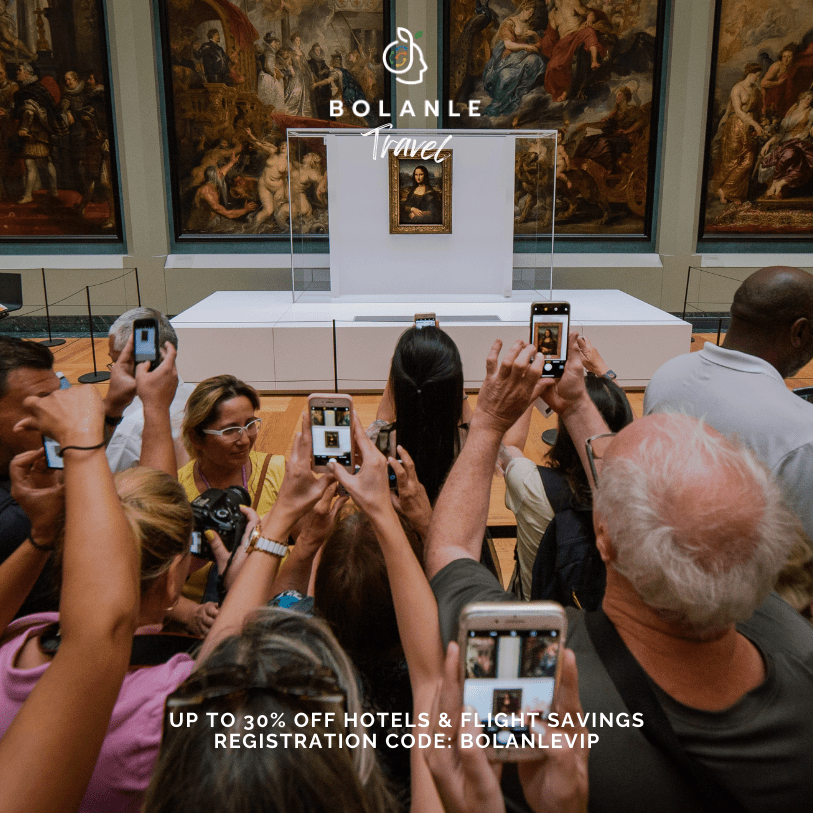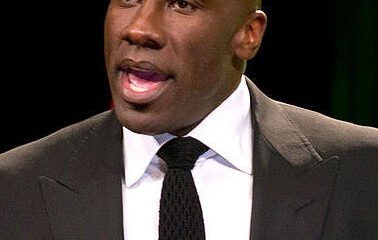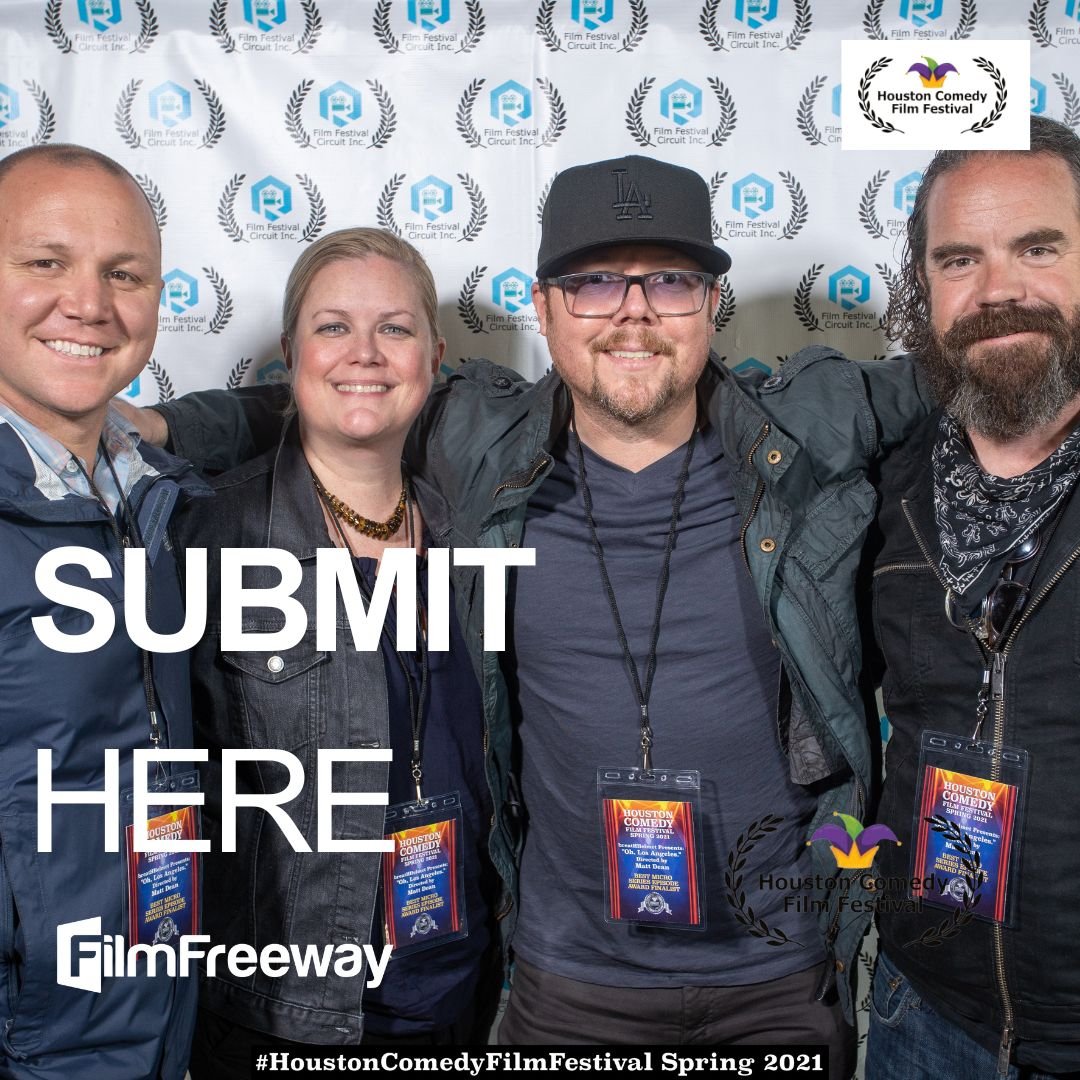News
Paris 2024 Opening Ceremony Sparks Controversy
Sacred or Scandalous?
The Paris 2024 Olympic Games commenced with an opening ceremony that has ignited a firestorm of controversy and debate worldwide. Held on July 26, 2024, along the River Seine, the event aimed to be a bold and inclusive celebration of French culture and the Olympic spirit. However, one particular segment has drawn significant backlash, particularly from religious communities and conservative commentators.
The Controversial Tableau
The most contentious moment of the ceremony featured a tableau that many perceived as a parody of Leonardo da Vinci’s “The Last Supper.” This performance included drag queens and dancers positioned around a long table, with a large woman in an aureole halo crown. Critics argued that this imagery mocked a sacred Christian scene, causing widespread outrage.
Religious and Political Reactions
Religious leaders and political figures were quick to condemn the performance. The Catholic Church of France and other Christian organizations expressed deep regret and disapproval, stating that the ceremony ridiculed Christianity. Prominent figures, including U.S. House Speaker Mike Johnson and Tesla founder Elon Musk, also criticized the display as disrespectful to Christians. Johnson described the tableau as “shocking” and “insulting,” while Musk labeled it “extremely disrespectful.”
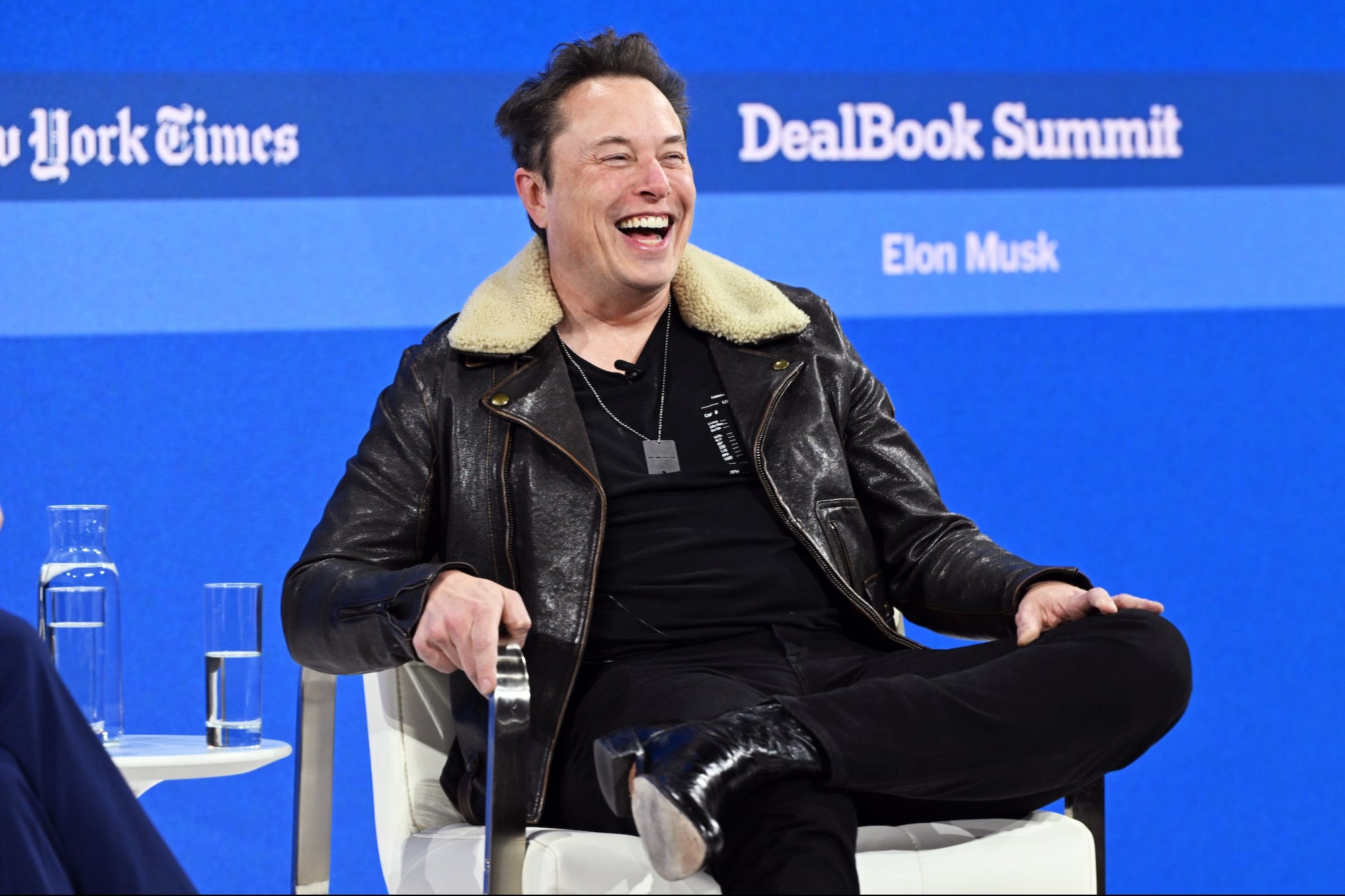
Elon Musk
Social Media Backlash
The controversy extended to social media, where commentators from various backgrounds voiced their discontent. Anti-woke cultural commentators and conservative influencers decried the ceremony as a sign of cultural decay. “The Olympics has gone completely woke,” wrote the popular account Libs of TikTok. Video journalist Nick Sortor questioned the relevance of the ceremony, stating, “What the hell is going on at the Olympics?”
Artistic Intentions and Defense
In response to the criticism, Thomas Jolly, the artistic director of the ceremony, clarified that his intentions were not to subvert or mock but to include everyone and celebrate artistic freedom. “We aimed to include everyone, plain and simple,” Jolly stated. He emphasized that the performance was meant to reflect France’s values of artistic freedom and inclusivity, not to offend.
Mixed Reactions
Despite the backlash, some praised the ceremony for its boldness and inclusivity. Supporters argued that the tableau was a tribute to the LGBTQ+ community and a message of acceptance. James Leperlier, President of France’s Inter-LGBT, highlighted the progress still needed in society concerning transgender individuals and praised the representation in the ceremony. Le Filip, a winner of ‘Drag Race France,’ expressed astonishment and joy at seeing queer representation on a global platform.
Apologies and Moving Forward
In light of the controversy, Paris 2024 organizers issued an apology to those who felt insulted by the performance. They reiterated that there was no intention to show disrespect and emphasized the ceremony’s goal of celebrating community tolerance.
Conclusion
The Paris 2024 Opening Ceremony has become a focal point of global debate, reflecting the complexities of balancing artistic expression with respect for diverse beliefs. While some view the event as a groundbreaking celebration of inclusivity, others see it as a provocative and disrespectful act. As the Games continue, the legacy of this controversial opening night will undoubtedly linger, prompting ongoing discussions about the role of cultural representation in global events.
Stay Connected
Unlock impactful advertising opportunities with Bolanle Media. Our expert team crafts immersive experiences that captivate audiences, driving brand engagement and memorability. Let’s elevate your brand’s marketing strategy together.
News
Catherine O’Hara: The Comedy Genius Who Taught Us That Character Is Everything

When Catherine O’Hara died on Friday, January 30, after a brief illness at age 71, the tributes flooded social media with a single recurring theme: she made it look effortless. Whether playing a pretentious Manhattan artist in Beetlejuice, a frantic mother in Home Alone, or the gloriously unhinged Moira Rose in Schitt’s Creek, O’Hara possessed that rare ability to make absurdity feel grounded, eccentricity feel human, and comedy feel like truth.
But those who worked with her knew the secret. It wasn’t effortless at all. It was the result of five decades spent honing a singular craft: building characters so truthful from the inside out that audiences believed in them completely, no matter how ridiculous they became.
“Catherine’s so good, maybe too good,” Tim Burton once said. “She works on levels that people don’t even know. I think she scares people because she operates at such high levels.”
For filmmakers, O’Hara’s career offers a masterclass in what acting can be when intelligence, empathy, and fearlessness converge.
The Philosophy: Comedy Born from Truth
O’Hara’s approach to comedy was deceptively simple: find the emotional truth of a character, then let humor emerge organically from that foundation.
“I don’t think you can help but draw from yourself, especially if you’re doing improv,” she explained. “It’s all you have, that hard drive that’s in there that you can pull from. At the same time you can also play with, ‘Would I look like this? Would I say that?’”
This wasn’t comedy as joke-telling. It was comedy as character study, requiring the same rigor dramatic actors bring to their roles. She researched accents, studied physical mannerisms, and built entire backstories for characters who might only appear on screen for minutes. “Comedy emerges from truthful reaction rather than forced humor,” O’Hara explained throughout her career. This principle guided her from SCTV in the 1970s through her Emmy-winning performance as Moira Rose nearly 50 years later.
Moira Rose: The Role That Changed Everything
When Schitt’s Creek premiered in 2015, Catherine O’Hara was 61—an age when Hollywood typically writes women off as irrelevant. Instead, she created Moira Rose, a character so wildly original that she spawned thousands of memes and a devoted global following.
Central to Moira’s appeal was her “unrecognizable accent”—a bizarre amalgamation of Audrey Hepburn’s diction, Marilyn Monroe’s breathiness, Canadian upper-class dialect, and random British affectations. “It’s how people speak when they want to reinvent themselves over and over again!” O’Hara explained.
But the accent wasn’t just a quirk—it was characterization. Moira uses language as armor, maintaining superiority while hiding insecurity. O’Hara based her on women who “out of insecurity and pride, create new personas whole cloth.“
Dan Levy, who co-created Schitt’s Creek, understood what he’d captured:
“She has singlehandedly upholded the idea of what an older female character can be. So to be able to be a part of this with Catherine O’Hara at this point in her life, and show the world that there is nothing, nothing funnier than a woman over 50—that is the joy.”
O’Hara won the Emmy for Outstanding Lead Actress in a Comedy Series in 2020—her first acting Emmy after decades of nominations. She also won a Golden Globe and SAG Award, cementing Moira Rose as her defining role for a new generation.
The Christopher Guest Legacy
If you want to understand O’Hara’s genius, watch A Mighty Wind (2003), Christopher Guest’s mockumentary where O’Hara delivered her most emotionally complex film performance. As folk singer Mickey Crabbe reuniting with her former romantic partner, she balances dry humor with genuine pathos. The climactic performance of “A Kiss at the End of the Rainbow” is simultaneously ridiculous and deeply moving.
“It is ridiculous. It is funny. And it might just make you cry a little too,” the New York Times observed.
After her death, Guest issued a simple statement: “I am devastated. We have lost one of the comic giants of our age.”
Home Alone and the Emotional Anchor
While Home Alone (1990) is remembered for Macaulay Culkin’s physical comedy, O’Hara provided the film’s emotional spine. As Kate McCallister, the mother who accidentally leaves her son behind, she gave audiences permission to care about what could have been purely comedic.
Her performance operates on two levels: the frantic comedy of a mother realizing mid-flight that she’s forgotten her child, and the genuine desperation of a woman willing to hitchhike across the country to get home. She made the film believable and, at its heart, about maternal love.
Macaulay Culkin’s tribute after her death was brief but devastating: “Mama. I thought we had time.”
The Woman Behind the Characters
O’Hara met production designer Bo Welch on Beetlejuice in 1987. Tim Burton played matchmaker, telling Welch to ask her out. They married in 1992 and remained together for 33 years, welcoming two sons. “We’ve been through some dangerous times in our marriage, and thank God we both just really wanted to work on it and stay married,” she told People in 2024.
This February, they walked the red carpet together at the Beetlejuice Beetlejuice premiere—a full-circle moment for a relationship born on the original film’s set.
What She Leaves Behind
Catherine O’Hara’s career spanned five decades, from SCTV sketches quoted by comedy nerds to Tim Burton films defining a generation’s aesthetic, to mockumentaries studied by film students, to a Canadian sitcom that became a global phenomenon.
But more than any specific role, she leaves behind a philosophy: great comedy requires the same depth as great drama. Characters must be built from emotional logic. You can be absurd and truthful simultaneously.
Journey Gunderson, executive director of the National Comedy Center, captured it perfectly: “Catherine O’Hara was a unique talent who could fully inhabit a character, making them unforgettable. She redefined the possibilities of comedy acting, merging precision, humanity, and creativity in a way that seemed effortless, yet was anything but.”
For filmmakers who believed in character work, Catherine O’Hara was a north star. She made it look easy. It never was. And now that she’s gone, we understand more clearly than ever what we had: a once-in-a-generation artist who taught us that comedy, at its highest level, is simply truth performed with perfect timing and fearless commitment.
Entertainment
What the Epstein Files Actually Say About Jay-Z
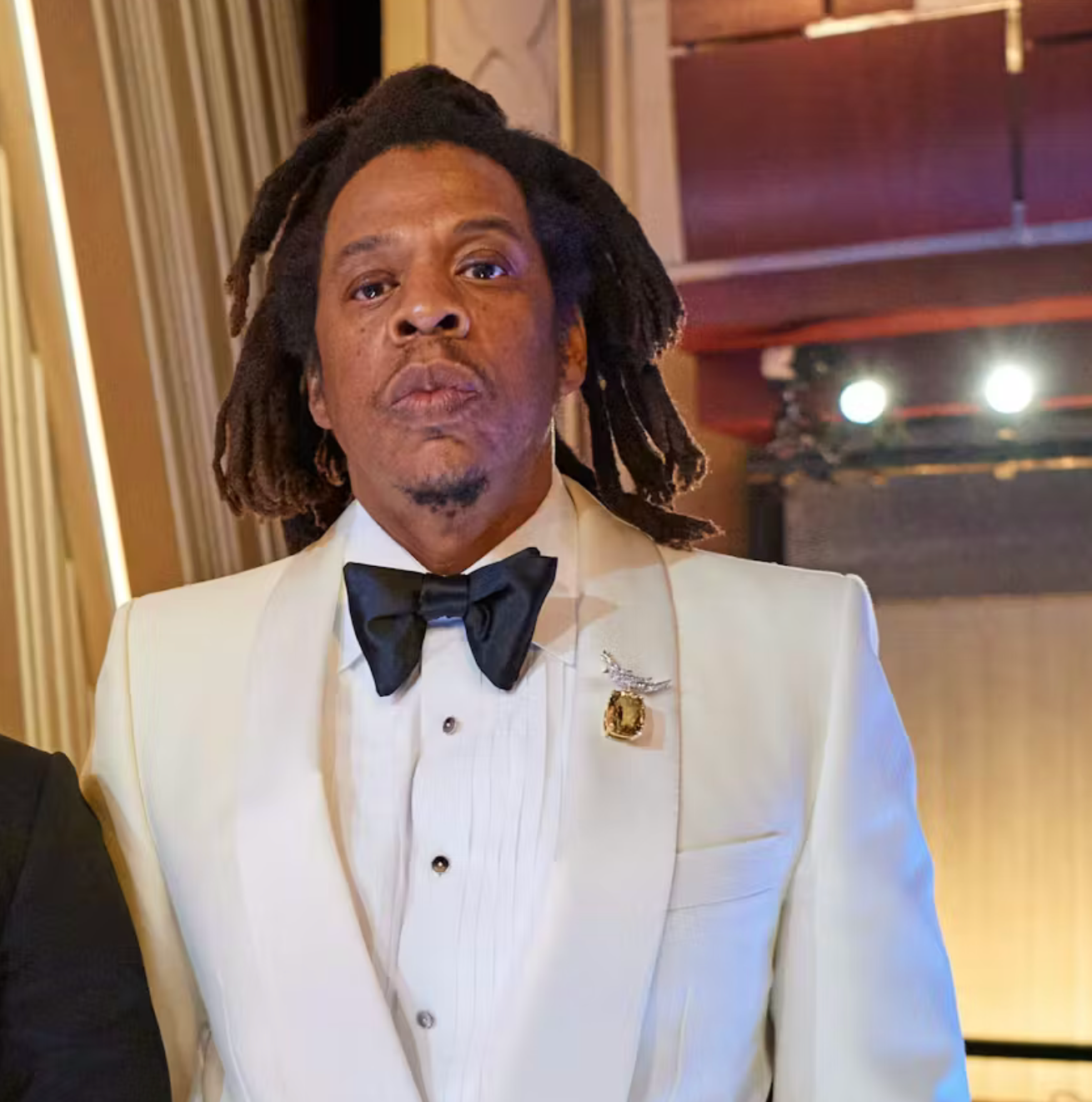
The internet exploded this week after Jay-Z’s name surfaced in newly released Jeffrey Epstein documents—and 50 Cent is already trolling his way toward another Netflix documentary. But before the headlines spiral further out of control, here’s what the files actually say, what they don’t say, and why this story reveals more about how we consume scandal than it does about Jay-Z.
The Document That Started Everything
On Friday, January 30, 2026, the U.S. Department of Justice released over 3 million pages of records tied to the Epstein investigation under the Epstein Files Transparency Act. Buried within that mountain of material is a single FBI “crisis intake report” from 2019—essentially a logged phone call from a member of the public to the FBI’s national hotline.
In that tip, an anonymous woman claimed she was abducted multiple times over several years and drugged during each incident. She told the FBI she believed she was in Jeffrey Epstein’s Florida mansion on these occasions. In one alleged incident from 1996, she stated she awoke in a room where Harvey Weinstein was sexually assaulting her, and that Jay-Z (Shawn Carter) was also present in the room.
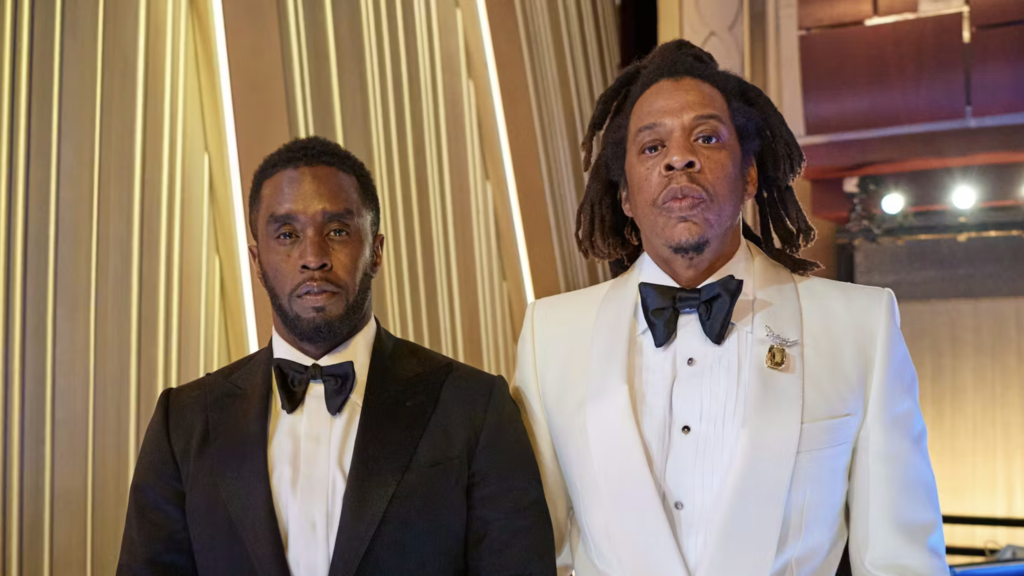
The woman also claimed that rapper Pusha T acted as one of several “handlers” who befriended and moved girls around, and that she attended a party around 2007 where both Weinstein and Pusha T were present before she was allegedly drugged and abused.
That’s it. That’s the entirety of Jay-Z’s connection to the Epstein files.
Why This Doesn’t Mean What You Think It Means
Here’s what most people scrolling past viral headlines are missing: FBI crisis intake reports are not evidence. They’re not verified claims. They’re not active investigations. They’re raw, unfiltered tips that anyone can call in—and federal authorities have explicitly warned that these documents “may include fake or false accusations” that are “unfounded and false.”
Legal experts are urging the public to understand what these intake forms represent: logged tips for potential follow-up, not proof of wrongdoing. Being named in an intake report doesn’t mean you’re guilty, under investigation, or even that the claim was ever looked into.
Jay-Z’s name does not appear in Epstein’s flight logs, personal address books, verified investigative evidence, or court filings. His mention exists only in this single, unverified hotline call.
The Timeline Problem Everyone’s Ignoring
The alleged incident involving Jay-Z is dated to 1996. That same year, Jay-Z released his debut album Reasonable Doubton June 25, 1996, through his own independent label Roc-A-Fella Records after every major label had turned him down. He was literally selling CDs from the trunk of his car on college campuses.
As one social media user pointed out, Jay-Z “wasn’t nobody” in 1996—at least not somebody running in Jeffrey Epstein’s elite billionaire circles. He was a hustler trying to break into the music industry, not a mogul attending private island parties.
The Pusha T timeline is even more problematic. The tipster claimed Pusha T was a “handler” in incidents around 1996 and at a 2007 party.
But in 1996, Pusha T was a teenager who had just signed his first record deal with his brother as part of the group Clipse with Elektra Records—they hadn’t even released their debut album yet. Their breakout hit “Grindin’” didn’t drop until 2002.
Multiple commenters online have pointed out the absurdity: “Pusha wasn’t even out nor the Clipse in 96.”

Enter 50 Cent, Stage Left
If there’s one constant in hip-hop, it’s that 50 Cent will never miss an opportunity to turn controversy into content. After Jay-Z’s name started trending off the Epstein file release, 50 posted AI-generated images and announced “I gotta do a doc on this sh!t.”
This isn’t new territory for Curtis Jackson. In December 2025, he executive-produced Sean Combs: The Reckoning, a Netflix documentary about Diddy that became the number one show on the platform, even beating Stranger Things. Critics accused him of being “petty,” but the docuseries was praised for its investigative depth and victim-centered storytelling—and 50 proved he could monetize outrage into premium content.
Now, with Jay-Z’s name in the Epstein files, 50 smells blood in the water. His Jay-Z “documentary” announcement is part troll, part business pitch, and entirely on-brand. He’s turned decades-old beef with Jay-Z into a potential streaming deal, weaponizing one unverified FBI tip line call into the next chapter of his “accountability documentarian” persona.
The Anatomy of a Viral Lie
This story is a masterclass in how misinformation spreads faster than facts. The headline “Jay-Z Named in Epstein Files” is technically true—but it’s designed to trigger maximum shock without context. By the time someone reads past the headline to learn it’s an unverified hotline tip, the damage is done. The screenshot has been shared. The conspiracy theories are trending. The outrage cycle is complete.
Being “in the files” has become shorthand for guilt, even when the files themselves explicitly warn against that interpretation. Bill Gates, Jamie Foxx, and dozens of other celebrities are mentioned in various Epstein documents—some in emails, some in photos from public events, some in unverified tips. None of that proves criminal behavior, but nuance doesn’t go viral.

What We Actually Know
Let’s be clear about the facts:
- Jay-Z is mentioned in one FBI crisis intake report from 2019, based on an anonymous tip.
- The tip describes an alleged 1996 incident where the caller claims Jay-Z was present during an assault by Harvey Weinstein.
- The caller admitted her memory was foggy because she said she was drugged.
- This claim has not been corroborated by flight logs, address books, witness testimony, or any other evidence.
- No investigation appears to be underway based on this tip.
- Federal authorities have warned that intake reports can contain false information.
There is no verified connection between Jay-Z and Jeffrey Epstein. Period.
Why This Matters Beyond Jay-Z
This moment reveals something larger than one rapper’s name in a document dump. It shows how easily public perception can be manipulated when institutions release massive troves of unvetted material without adequate context. The DOJ may have released these files in the name of transparency, but without proper framing, transparency becomes a weapon for conspiracy theorists and clout-chasers.
It also shows the power—and danger—of the “documentary as diss track” era we’re living in. 50 Cent can float the idea of a Jay-Z doc, generate millions of impressions, and potentially land a deal without producing a single frame of footage. Whether that’s genius entrepreneurship or irresponsible exploitation depends on your perspective—but it’s undeniably effective.
The Bottom Line
Jay-Z’s name appearing in the Epstein files is not proof of guilt, association, or wrongdoing. It’s proof that someone called an FBI hotline in 2019 and made an unverified claim about an event they say happened in 1996, when both Jay-Z and Pusha T were nowhere near the level of fame or access that would put them in Epstein’s orbit.
50 Cent knows this. The internet knows this—or at least, should. But in an era where engagement beats accuracy and headlines erase context, “Jay-Z in the Epstein Files” is enough to fuel a thousand conspiracy theories, a million social media posts, and potentially one very lucrative Netflix documentary.
The real question isn’t what Jay-Z did or didn’t do in 1996. It’s whether we’re willing to let one anonymous, unverified phone call define someone’s legacy—and whether the people profiting from that chaos have any responsibility to tell the full story.
As of now, Jay-Z has not publicly commented on his inclusion in the files. Pusha T has remained silent as well. And 50 Cent? He’s already posted another meme.
Business
Google Accused Of Favoring White, Asian Staff As It Reaches $28 Million Deal That Excludes Black Workers

Google has tentatively agreed to a $28 million settlement in a California class‑action lawsuit alleging that white and Asian employees were routinely paid more and placed on faster career tracks than colleagues from other racial and ethnic backgrounds.
- A Santa Clara County Superior Court judge has granted preliminary approval, calling the deal “fair” and noting that it could cover more than 6,600 current and former Google workers employed in the state between 2018 and 2024.

How The Discrimination Claims Emerged
The lawsuit was brought by former Google employee Ana Cantu, who identifies as Mexican and racially Indigenous and worked in people operations and cloud departments for about seven years. Cantu alleges that despite strong performance, she remained stuck at the same level while white and Asian colleagues doing similar work received higher pay, higher “levels,” and more frequent promotions.
Cantu’s complaint claims that Latino, Indigenous, Native American, Native Hawaiian, Pacific Islander, and Alaska Native employees were systematically underpaid compared with white and Asian coworkers performing substantially similar roles. The suit also says employees who raised concerns about pay and leveling saw raises and promotions withheld, reinforcing what plaintiffs describe as a two‑tiered system inside the company.
Why Black Employees Were Left Out
Cantu’s legal team ultimately agreed to narrow the class to employees whose race and ethnicity were “most closely aligned” with hers, a condition that cleared the path to the current settlement.

The judge noted that Black employees were explicitly excluded from the settlement class after negotiations, meaning they will not share in the $28 million payout even though they were named in earlier versions of the case. Separate litigation on behalf of Black Google employees alleging racial bias in pay and promotions remains pending, leaving their claims to be resolved in a different forum.
What The Settlement Provides
Of the $28 million total, about $20.4 million is expected to be distributed to eligible class members after legal fees and penalties are deducted. Eligible workers include those in California who self‑identified as Hispanic, Latinx, Indigenous, Native American, American Indian, Native Hawaiian, Pacific Islander, and/or Alaska Native during the covered period.
Beyond cash payments, Google has also agreed to take steps aimed at addressing the alleged disparities, including reviewing pay and leveling practices for racial and ethnic gaps. The settlement still needs final court approval at a hearing scheduled for later this year, and affected employees will have a chance to opt out or object before any money is distributed.
H2: Google’s Response And The Broader Stakes
A Google spokesperson has said the company disputes the allegations but chose to settle in order to move forward, while reiterating its public commitment to fair pay, hiring, and advancement for all employees. The company has emphasized ongoing internal audits and equity initiatives, though plaintiffs argue those efforts did not prevent or correct the disparities outlined in the lawsuit.
For many observers, the exclusion of Black workers from the settlement highlights the legal and strategic complexities of class‑action discrimination cases, especially in large, diverse workplaces. The outcome of the remaining lawsuit brought on behalf of Black employees, alongside this $28 million deal, will help define how one of the world’s most powerful tech companies is held accountable for alleged racial inequities in pay and promotion.

 Film Industry2 weeks ago
Film Industry2 weeks agoTurning One Short Film into 12 Months of Content

 Film Industry2 weeks ago
Film Industry2 weeks ago10 Ways Filmmakers Are Building Careers Without Waiting for Distributors

 Film Industry2 weeks ago
Film Industry2 weeks agoHow to Write a Logline That Makes Programmers Hit Play

 Entertainment5 days ago
Entertainment5 days agoWhat the Epstein Files Actually Say About Jay-Z

 Film Industry1 week ago
Film Industry1 week agoAI Didn’t Steal Your Job. It Revealed Who Actually Does the Work.

 News5 days ago
News5 days agoCatherine O’Hara: The Comedy Genius Who Taught Us That Character Is Everything

 Entertainment3 days ago
Entertainment3 days agoYou wanted to make movies, not decode Epstein. Too late.



